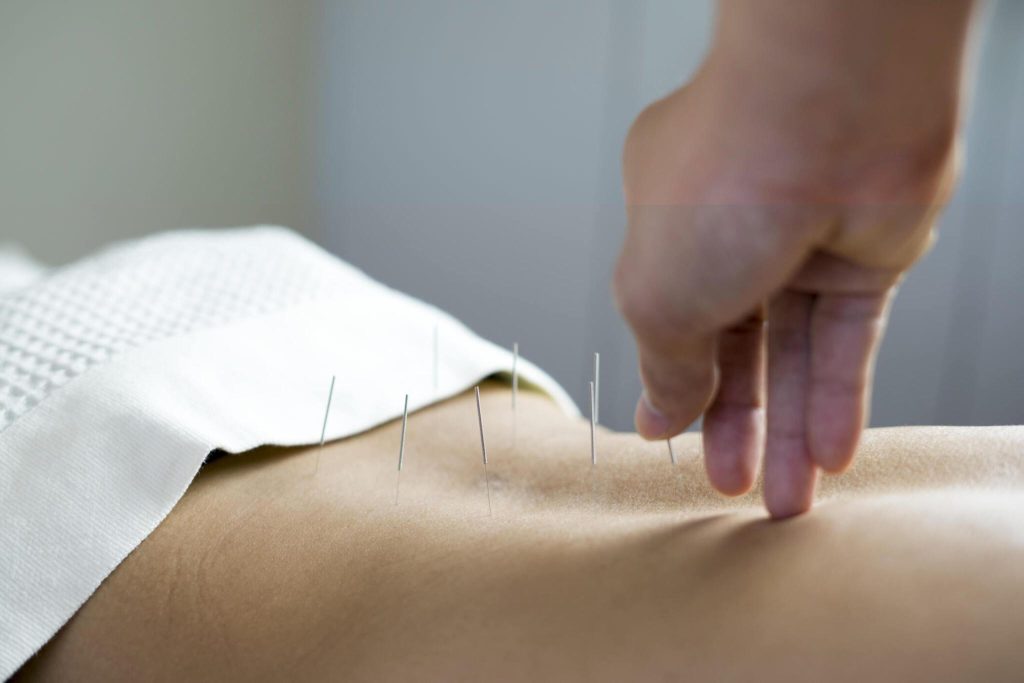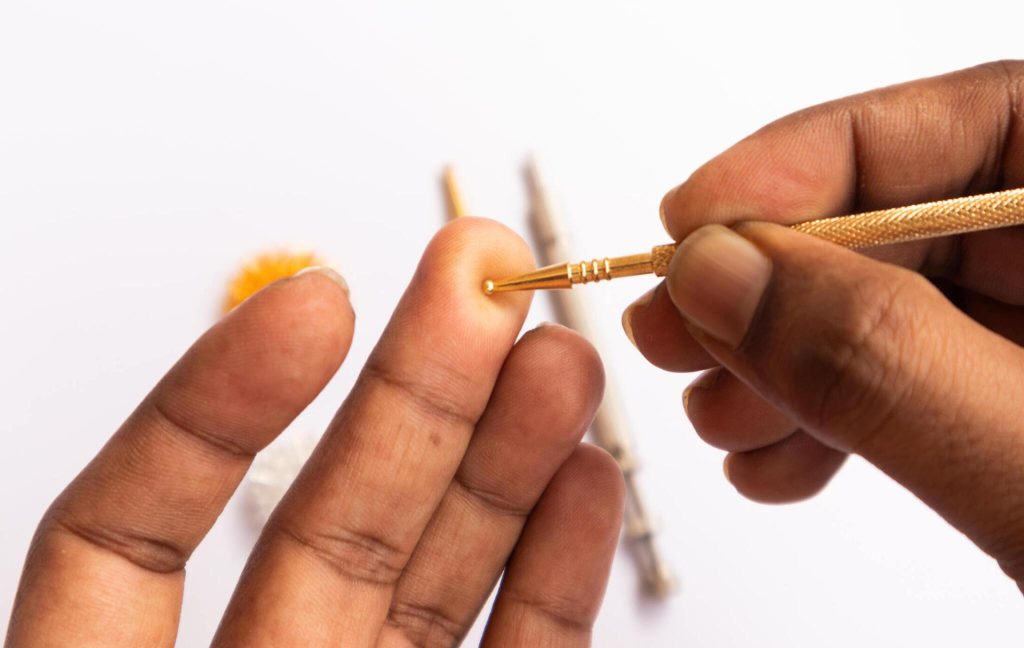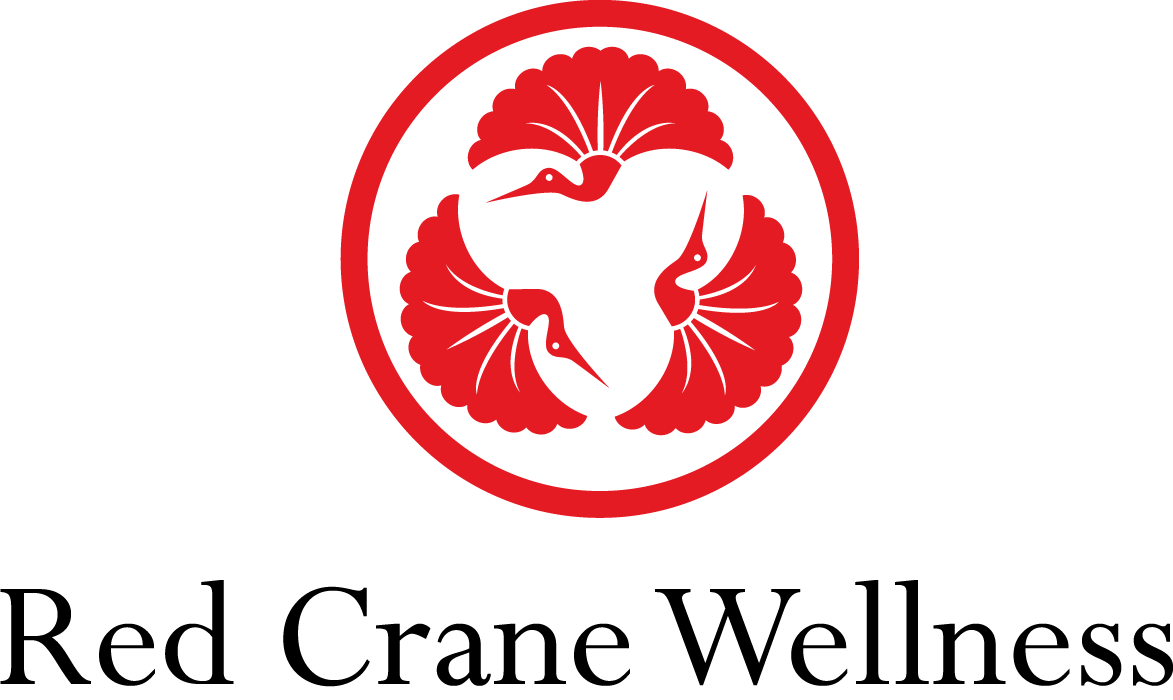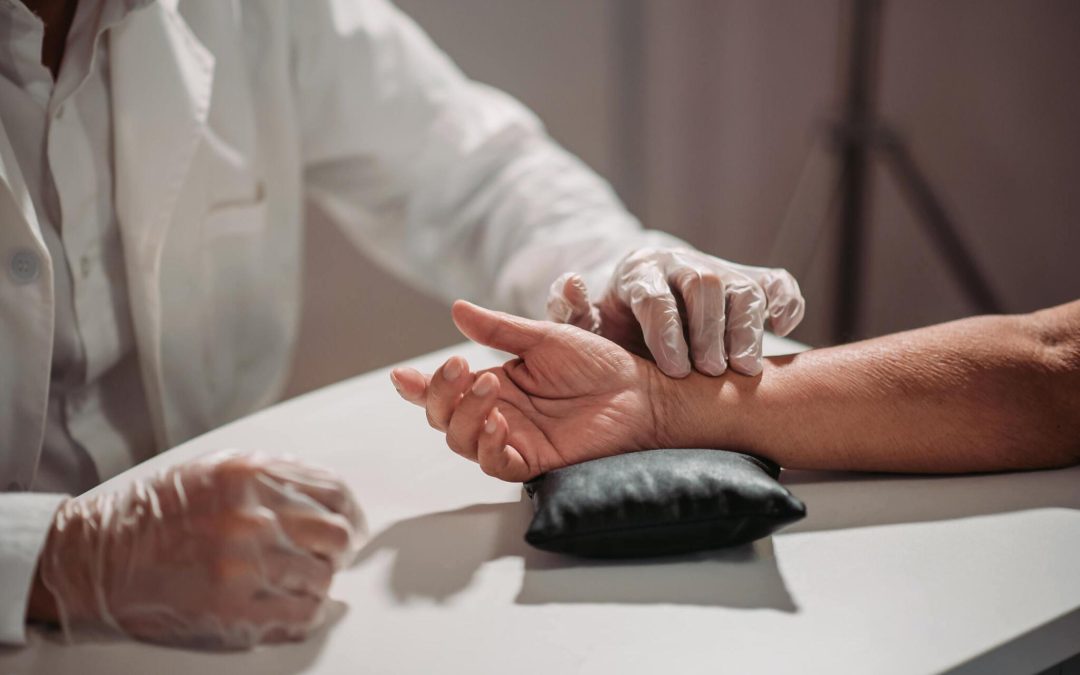Discover the transformative power of Chinese medicine with us, and embark on a journey to harmonious health and vitality. At the heart of TCM lies the pursuit of harmony between the individual and their environment, emphasizing a balance of yin and yang energies to maintain health and well-being. This comprehensive guide explores the principles, modalities, and benefits of TCM, shedding light on how it can complement modern health practices to foster overall wellness.

The Foundations of Traditional Chinese Medicine
TCM is rooted in the ancient philosophy of Taoism, which emphasizes living in harmony with the Tao, or the fundamental nature of the universe. This philosophy underpins the key principles of TCM, including the concepts of Qi (vital energy), yin and yang (opposing but complementary forces), and the Five Elements (wood, fire, earth, metal, and water). These principles guide the understanding of the human body and its functions, offering a unique lens through which health and disease are viewed.
- Qi: The Vital Force of Life
Qi is the life force that flows through the body’s meridians, ensuring vitality and health. TCM practices aim to balance Qi’s flow, addressing blockages or deficiencies that can lead to illness. - Yin and Yang: The Dynamic Balance
The interplay of yin and yang energies within the body influences physical and emotional well-being. TCM seeks to restore balance between these energies, considering factors like body constitution, lifestyle, and environmental changes.
The Five Elements: Harmony in Nature and Body
The Five Elements theory provides a framework for diagnosing and treating health conditions, based on the elements’ influences on body organs, emotions, and the environment. Understanding these relationships helps practitioners develop personalized treatment plans.
TCM Modalities and Therapies- TCM encompasses a variety of therapies designed to restore balance and promote healing. Some of the most prominent include:
- Acupuncture: Acupuncture involves the insertion of fine needles into specific points on the body to stimulate Qi flow, relieving pain and treating various health conditions.
- Herbal Medicine: TCM herbal medicine utilizes natural plants and minerals to create formulas tailored to the individual’s needs, addressing underlying imbalances and enhancing wellness.
- Tui Na Massage: This therapeutic form of massage applies techniques such as rubbing, kneading, and pressing on meridian points to encourage Qi flow and muscular relaxation.
- Dietary Therapy: TCM emphasizes the importance of diet in maintaining health, with recommendations based on individual constitutions and seasonal changes to promote balance.
- Qi Gong and Tai Chi: These practices combine gentle movements, breathing techniques, and meditation to cultivate Qi, improve flexibility, and reduce stress.
The Benefits of Integrating TCM into Modern Wellness-

TCM offers a unique perspective on health, focusing on prevention and treating the root cause of illness rather than just symptoms. Its holistic approach can complement Western medicine, providing benefits such as:
Enhanced Pain Management-
TCM offers remarkable strategies for managing pain, particularly for chronic conditions such as arthritis and migraines. Techniques like acupuncture involve inserting very fine needles into specific points on the body to release blockages in Qi (vital energy) flow, which can alleviate pain. Studies have shown that acupuncture can significantly reduce the severity and frequency of chronic headaches and migraines.
Similarly, for arthritis, TCM focuses on reducing inflammation and improving joint mobility through a combination of acupuncture, herbal medicine, and Tai Chi exercises, which are gentle and can help strengthen the muscles around the joints, thus reducing pain.
Improved Stress Reduction and Emotional Well-being-
Practices such as acupuncture and Qi Gong are integral to TCM and have been shown to improve stress reduction and enhance emotional well-being. Acupuncture can stimulate the release of endorphins, the body’s natural painkillers and mood elevators, contributing to stress relief and a sense of well-being. Qi Gong, a practice combining rhythmic breathing, slow movement, and meditation, has been found to reduce stress and improve mental health by promoting relaxation and mindfulness.
Support for Digestive Health-
Dietary therapy and herbal medicine in TCM play a crucial role in supporting digestive health. TCM views the digestive system as the foundation of good health and emphasizes the importance of a balanced diet tailored to the individual’s constitution and the current season. Herbal formulas are prescribed to strengthen the digestive system, resolve imbalances, and treat specific digestive disorders. Foods are chosen based on their energies and flavors to support organ systems related to digestion, such as the spleen and stomach, according to TCM theory.
Boosted Immune System Function-
TCM promotes a balanced Qi and lifestyle adjustments to boost the immune system’s function. A balanced Qi is essential for strong immunity and overall health. Practices such as Tai Chi and Qi Gong, along with acupuncture, can help balance Qi flow throughout the body. Additionally, TCM advocates for a balanced diet, adequate rest, and stress management as key lifestyle factors that support a healthy immune system. Herbal formulas may also be used to strengthen the body’s defensive Qi, which is directly related to immune function.
Embracing Traditional Chinese Medicine at Red Crane Wellness-
Red Crane Wellness integrates TCM into a holistic approach to health, offering personalized treatments that address the root cause of health issues rather than just symptoms. By embracing TCM, Red Crane Wellness provides a pathway to natural and effective healing, utilizing the comprehensive tools and methodologies of TCM, including acupuncture, herbal medicine, dietary therapy, and Qi Gong.
This approach not only treats specific health conditions but also enhances overall well-being, encouraging a balanced and healthy lifestyle aligned with the principles of TCM.
At Red Crane Wellness, the focus is on harnessing the ancient wisdom of TCM to support modern health needs, offering a unique and integrative path to wellness that is both empowering and transformative.

FAQs on Traditional Chinese Medicine
Q – What is Chinese Medicine?
Chinese Medicine, also known as Traditional Chinese Medicine (TCM), is a holistic healthcare system that dates back over 2,500 years. It includes a range of practices like acupuncture, herbal medicine, cupping therapy, Qi Gong, and Tai Chi, aiming to balance the body’s vital energy (Qi) to promote healing and wellness.
Q – How does Traditional Chinese Medicine differ from Western medicine?
Traditional Chinese Medicine (TCM) approaches health and illness from a holistic perspective, focusing on restoring balance and harmony within the body’s energy systems. It treats the individual as a whole, considering emotional, physical, and environmental factors. Western medicine often focuses on treating symptoms and diseases using drugs and surgery.
Q – Can I find Chinese Medicine practitioners near me?
Yes, you can find practitioners of Chinese Medicine near you by searching online directories, consulting local wellness centers, or asking for recommendations from healthcare professionals. Many areas have licensed acupuncturists and TCM practitioners available.
Q – What is Eastern Medicine?
Eastern Medicine refers to medical practices originating from Eastern cultures, primarily including Traditional Chinese Medicine, Ayurveda from India, and other indigenous healing practices from Asia. It emphasizes a holistic approach to health, focusing on prevention and treatment of disease through balance and harmony within the body.
Q – How do I locate Traditional Chinese Medicine practitioners near me?
To find Traditional Chinese Medicine practitioners near you, start with a web search for “Traditional Chinese Medicine near me” or “TCM practitioners near me.” Additionally, professional associations and directories can provide listings of certified and licensed practitioners in your area.
Q – What are Chinese herbs and how are they used in treatment?
Chinese herbs are plants, minerals, and occasionally animal products used in TCM. They are often combined into formulas and can be administered as teas, capsules, tinctures, or powders. These herbs aim to restore balance to the body’s Qi, support organ systems, and address specific health issues.
Q – Is Traditional Chinese Medicine recognized and regulated?
Yes, Traditional Chinese Medicine is recognized and regulated in many countries around the world. Practitioners often need to be licensed or certified to practice, especially for acupuncture and herbal medicine. Regulations vary by country and region, so it’s important to consult local guidelines.
Q – How does Traditional Medicine contribute to modern healthcare?
Traditional Medicine, including TCM, contributes to modern healthcare by offering complementary and alternative treatment options that focus on prevention, holistic care, and the natural healing process of the body. It provides additional tools for managing chronic conditions, stress, pain, and improving overall wellness, often filling gaps in conventional healthcare practices.
Discover the transformative power of Traditional Chinese Medicine with us, and embark on a journey to harmonious health and vitality. Visit our contact page to learn more about how TCM can benefit you.

